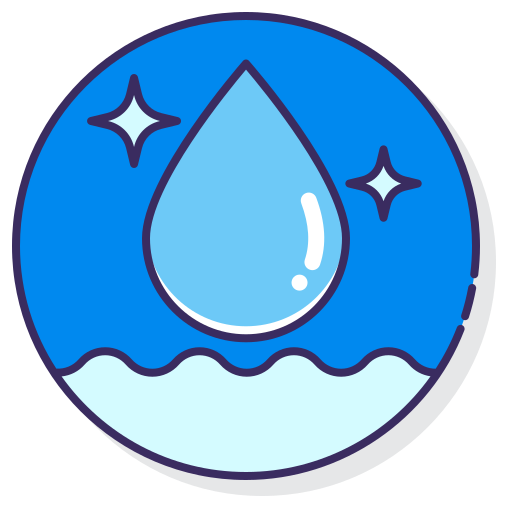FAQs
-
Is Long Island tap water safe to drink?
Yes, local water suppliers meet federal and state drinking water standards. However, trace amounts of contaminants such as chlorine, 1,4-dioxane, PFAS, and heavy metals have been detected in Nassau County reports. Many homeowners choose an additional reverse osmosis system for extra protection and better taste.
-
What contaminants does reverse osmosis remove?
RO systems remove up to 99% of contaminants, including chlorine, lead, arsenic, nitrates, PFAS, volatile organic compounds (VOCs), and many other impurities. They also improve taste, odor, and clarity.
-
Will reverse osmosis remove beneficial minerals?
Yes, while RO does remove most minerals, the APEC RO-PH90 system includes a remineralization stage, adding back calcium and magnesium for a natural, great-tasting balance.
-
How long does installation take?
Most installations are completed in under 2 hours. We mount the unit under your sink, connect it to your water supply, and install a dedicated faucet.
-
Can you connect the system to my refrigerator or ice maker?
Yes! We offer an optional add-on to run a line from your RO system to your fridge or ice maker, so all your drinking water is purified.
-
Can you remove my old filter system?
Yes, we can remove and properly dispose of any old under-sink filter systems as part of the installation.
-
How much water does a reverse osmosis system produce per day?
The APEC RO-PH90 produces up to 90 gallons per day, which is more than enough for a family’s daily drinking and cooking needs.
-
Why not just drink bottled water?
Recent studies have found that most bottled water brands contain microplastic particles — tiny fragments from plastic bottles and caps that can end up in the water you drink. While research is ongoing, many health experts recommend limiting plastic exposure where possible. A reverse osmosis system provides a safer, more sustainable alternative by giving you clean, great-tasting water straight from your tap without the plastic waste.
-
Is reverse osmosis cheaper than bottled water?
Yes! For the average family, RO water costs just pennies per gallon — far less than buying bottled water — and it’s more eco-friendly.
